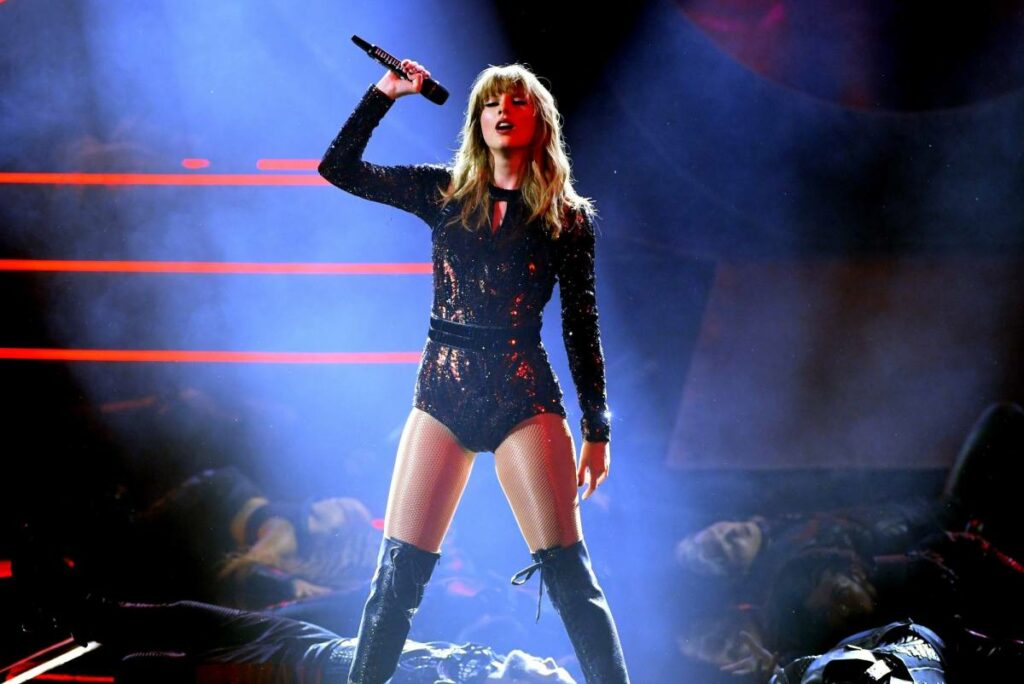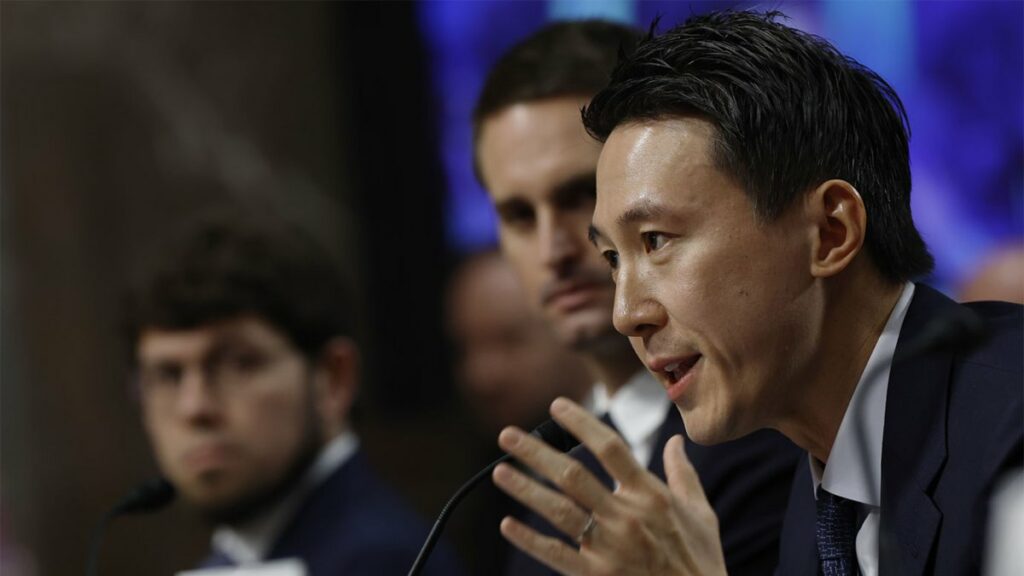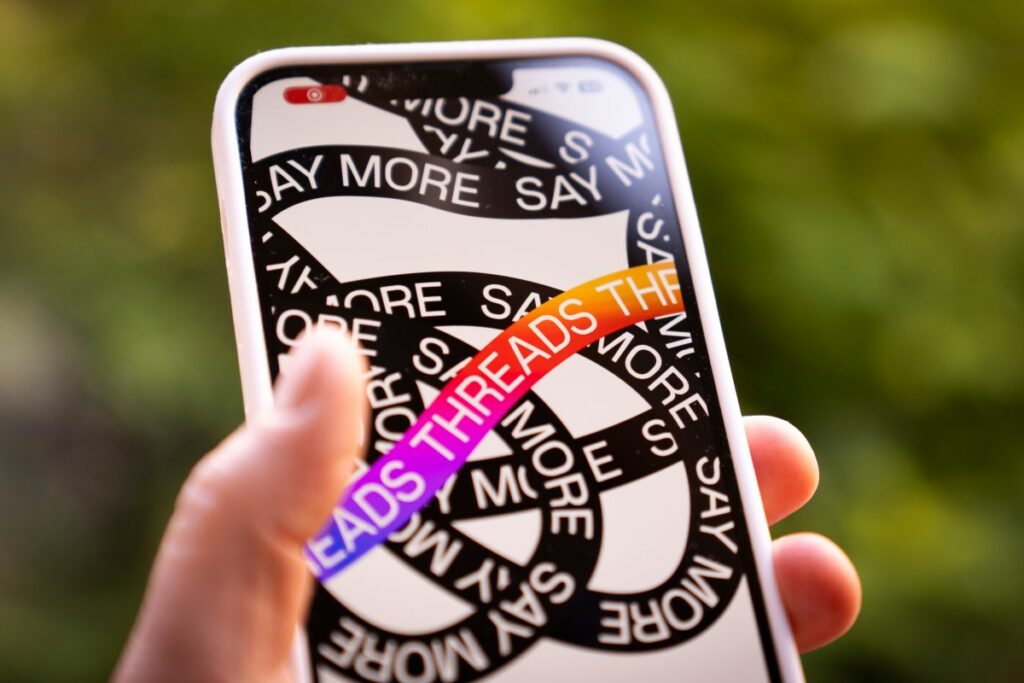After a historic presidential debate replete with discourse about eating pets, Taylor Swift ended the evening with a bang. Arguably the most powerful figure in American pop culture, the singer-songwriter chose debate night to announce on Instagram that she plans to vote for Kamala Harris in the presidential election.
Swift’s endorsement is monumental. She holds enough political sway to drive tens of thousands of Americans to register to vote, simply by sharing a link. But more surprisingly, she also used her announcement to express her concerns around AI deepfakes.
Swift wrote on Instagram: “Recently I was made aware that AI of ‘me’ falsely endorsing Donald Trump’s presidential run was posted to his site. It really conjured up my fears around AI, and the dangers of spreading misinformation. It brought me to the conclusion that I need to be very transparent about my actual plans for this election as a voter. The simplest way to combat misinformation is with the truth.”
By writing about her experience being deepfaked to show support a candidate for whom she doesn’t actually plan to vote, Swift’s statement seemed a bit more personal.
“Her statement, in my opinion, was super thought-out and written in such a compelling way, but the AI piece gives her a personal viewpoint that not everyone else would have about this election and what the candidates are doing,” Linda Bloss-Baum, an American University professor in the Business and Entertainment program, told TechCrunch.
Celebrities, especially ones as prominent as Swift, are particularly vulnerable to deepfakes, since enough photos and videos of them exist online to conjure especially sophisticated AI fakes.
“One of the things I’m seeing a lot of in my practice right now is the rise of AI impersonators across the board for endorsements,” Noah Downs, an IP and entertainment lawyer, told TechCrunch in August. These fake AI endorsements have become so widespread that even “Shark Tank” had to publish a PSA to warn fans about the prevalence of scams that impersonate the show’s investors.
As for Swift, the artist has been the subject of viral, nonconsensual, AI-generated pornography, sparking discussion from lawmakers seeking to legislate against this harmful byproduct of generative AI.
“This certainly happens all of the time with average people sadly that have had their name, image, and likeness deepfakes with AI products,” Bloss-Baum said.
But when celebrities like Swift are implicated, it can make lawmakers pay more attention.
“As a longtime lobbyist for the entertainment industry, I can tell you that you get more attention when you go to Capitol Hill with celebrities telling their stories,” she said.
When deepfakes play a role in the election to one of the most powerful seats in global politics, the stakes are a bit higher than an uncanny valley version of Lori Grenier selling diet supplements. But as election day looms closer, the U.S. holds little to no legislative ability to deter the spread of this misinformation across social media, where voters are getting their news more than ever.
“Unfortunately, AI is playing a bigger role in this election, just because of the proliferation of the technology,” Bloss-Baum said. “We’ve been subject to robocalls in the past, but now, the technology has gotten so good that they really can be deepfaked in such a way that the callers won’t necessarily know that it’s not the candidate.”
Bloss-Baum said that since Swift is a Tennessee resident, she could potentially sue former president Trump under the ELVIS Act. Since the law is so new, however, there is little legal precedent. Regardless, Bloss-Baum thinks that consumers and celebrities alike will have more power to defend themselves if federal legislation were passed. She sees the bipartisan NO FAKES Act as particularly promising, but it’s unlikely that there will be any meaningful legislative change before the election in early November.
“There’s positive things campaigns are using AI for, I’m sure, with data collection and analytics, but we need to be careful that AI is not misrepresenting candidates,” Bloss-Baum said.


